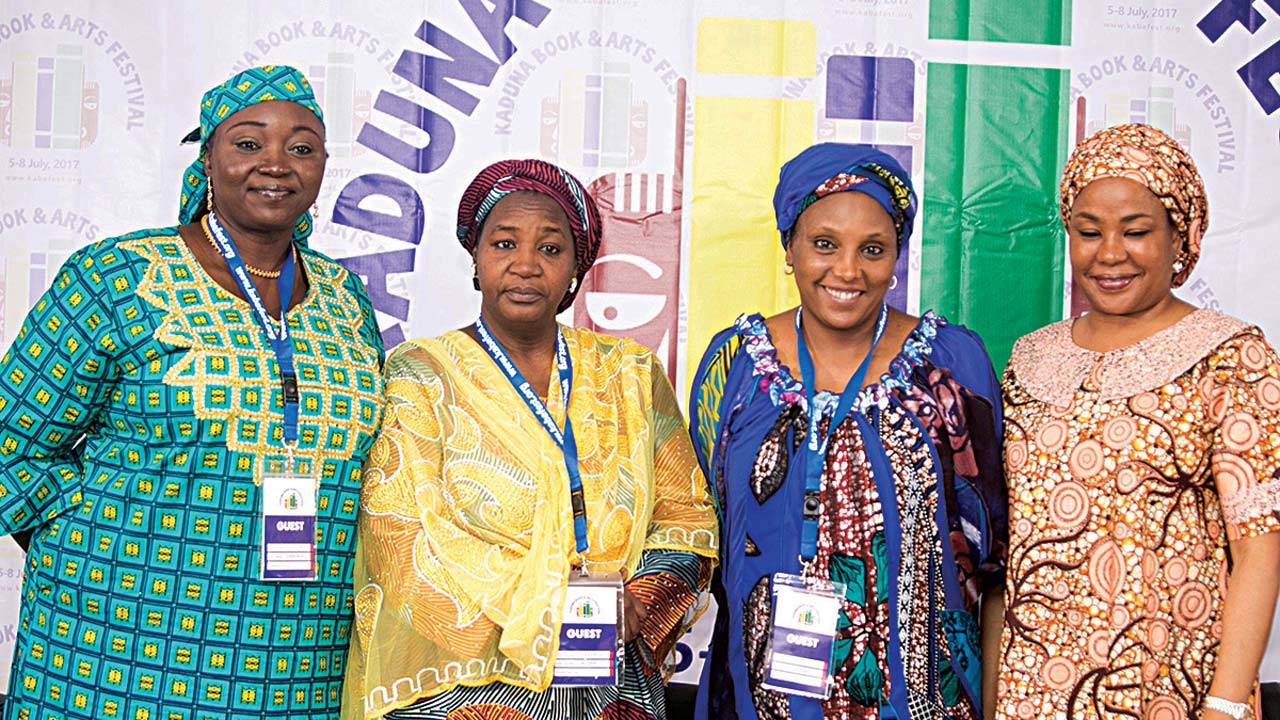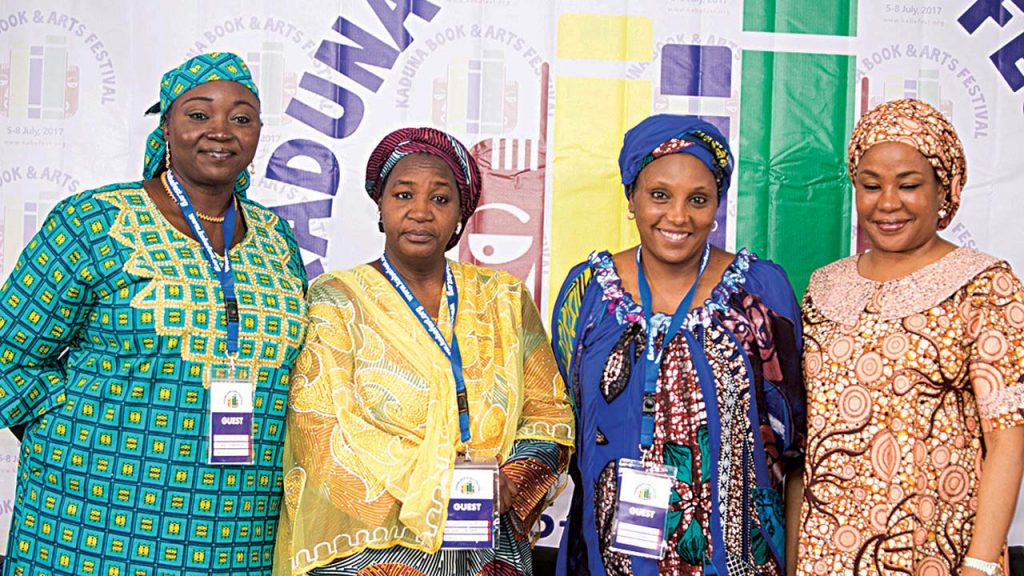In what later turned out as a strategic plan to score cheap political points, Mr. Ahmed Yerima, early in the life of the current political dispensation, imposed Islamic law, known as Shari’a, in little known and impoverished Zamfara State. His action was to have reverberating effects during and long after he left office and became a senator.
Certain parts of the north went up in flames and lives were lost. Majority of women in Northern Nigeria still hold him responsible for setting the region backwards hundreds of years after they had begun to achieve a measure of liberation previously denied them.
As one such female activist, Mrs. Aisha Umar, succinctly submitted, “Ahmed Yerima imposed Shari’a law for political reasons and then other governors caved in. What they did not know was that they gave more powers (actually yielded their own political powers) to the religious establishments and set Northern Nigeria backwards far more than they met it!”

This was part of the views, which the Kaduna Book and Arts Festival (KABAFEST 2017), early last month, threw up among many other engaging issues about conditions in Northern Nigeria that are otherwise less known in other parts of the country. Significantly, issues about women and their limited potential as partners in progress came up in a panel discussion, ‘Harnessing the potentials of women in Northern Nigeria.’
It had three women, who are actively involved in women’s rights for development campaigns on the panel – Mrs. Aisha Umar, President, International Federation of Women Lawyers (FIDA), Nigeria, Mrs. Hauwa Evelyn Shekerau, and Secretary General, Women’s Rights Advancement and Protection Alternative (WRAPA), Mrs. Saudatu Mahdi, with a journalist, Kadaria Ahmed, moderating.
The panel had its premise on the fact that ‘women make up half of Nigeria’s population. Yet they have limited access to quality education, untreated health challenges, lack of skills and aspects of traditions hampering them (women) from contributing meaningfully to the economy.’
If this is true of women in Nigeria generally, what about women in Northern Nigeria, who face more than double rigours to scale through these huddles? Is enough being done to ensure that women in Northern Nigeria have as much opportunity as their counterparts in the south to achieve their full potentials?
Mahdi, who rose to the position of a Permanent Secretary in a federal ministry before founding an NGO to negotiate for women’s rights, argued that it was no longer tenable for women to be sidelined in the development of any society, especially that of Northern Nigeria that is grossly lacking on many development indices.
She said, in relation to statistics and the balance of numbers, women’s centrality in supporting the economy of families has become inevitable. She condemned the socialization of girls in the region that places a glass ceiling to how high they can aspire.
According to Mahdi, “On a rational basis, the balance of numbers has tipped in favour of women. We have more women and girls needing to support families. So, they need education to be dignified citizens contributing to the development of Northern Nigeria.
Northern women are brought up in a socialization that she can only aspire to a certain level – just the ABC level of education and no more. The opportunity of education and exposure are limited and this limits the average woman in Northern Nigeria. She lacks capacity because her self-esteem is taken away. Fathers need to do more to instill confidence in their girl children.”

